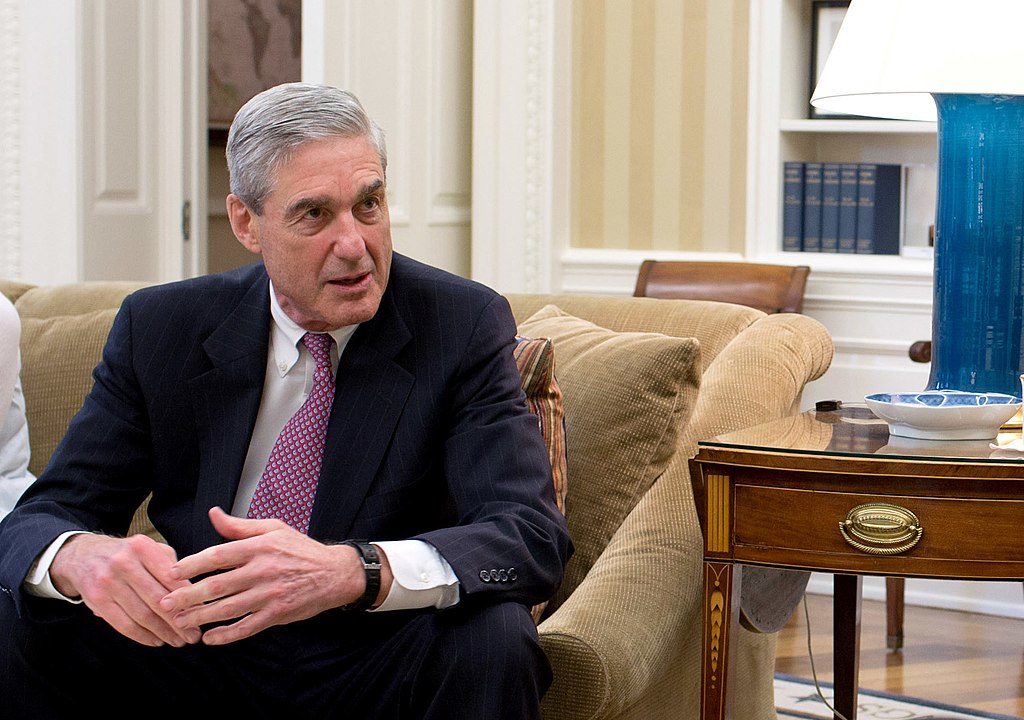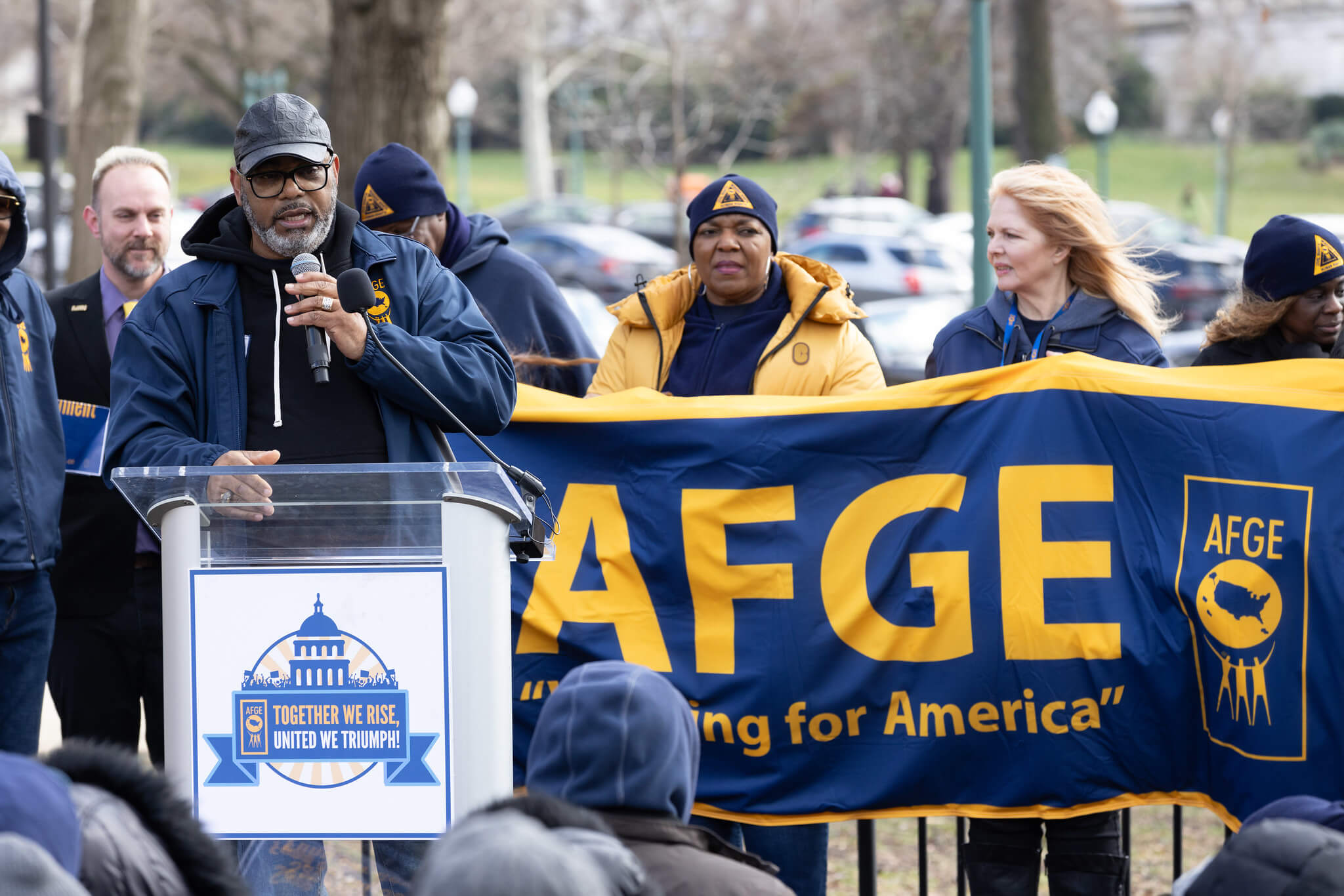What Tuesday’s Post Story Reveals About the Absurd OLC Opinions Protecting a President From Indictment—and Mueller’s Reading of his Authority
The Washington Post’s recent report that the president is a subject in the special counsel investigation raises a number of intriguing questions—among them, who leaked information about discussions between Robert Mueller and President Trump’s counsel, and for what reason. As is always the case, the leakers may have had a variety of motivations.

Published by The Lawfare Institute
in Cooperation With

The Washington Post’s recent report that the president is a subject in the special counsel investigation raises a number of intriguing questions—among them, who leaked information about discussions between Robert Mueller and President Trump’s counsel, and for what reason. As is always the case, the leakers may have had a variety of motivations. And without knowing what prompted the disclosures, it's not possible to identify how they may have shaped the narrative delivered to the Post to achieve their goals.
But the story brings back to the fore the fundamental question of whether Mueller believes that, as special counsel, he has the authority to indict the president, or is bound by Office of Legal Counsel opinions written in 1973 and confirmed again in 2000. The Post account suggests that he has concluded that he is so bound. But at the same time, the story exposes the weaknesses of those OLC opinions—and the manner in which the effectiveness and even credibility of those opinions are undermined, and appropriately so, by the reporting provisions in the special counsel regulations.
According to the Post, Mueller told defense counsel that he is writing two reports in stages, the first concerning any obstruction of justice and the second on Russian election interference. Mueller apparently told Trump that the president was a subject, not a target, in the investigation, and that the special counsel’s office would need the president’s testimony to write a report with all of the relevant evidence included. The story singles out the importance to Mueller of pinning down the question of the president’s intent in those of his actions, such as the firing of FBI director James Comey, that raise questions of obstruction. According to the Post, “Mueller reiterated the need to interview Trump … to understand whether he had any corrupt intent to thwart the Russia investigation.” In short, Mueller will include in the first of the reports an assessment of whether the president has committed the crime of obstructing justice.
The story does not suggest any conversation between Mueller and defense counsel about whether the special counsel believes he had the constitutional authority to indict. It’s unlikely that it came up. However, by relating the need for the president's testimony to the reporting function, Mueller seems to have implied that the president’s testimony is required only for a report—not as the final step in a reaching a decision about indictment. While it is difficult to read too much into this one press account, Mueller apparently did not tell the Trump lawyers that with this information, he could bring a conclusion to the investigation as it concerned the president. He seems to have emphasized that he needed Trump’s testimony for a report—which is all he can now do with this evidence if he believes that he is barred from indicting.
This is also a reason why too much should not be made of how Mueller presented the president’s status in the investigation. Based on just the public record of his actions and statements, the president was always a subject. But Mueller may believe that he cannot describe Trump as a “target” in an investigation that could not, for the foreseeable future, result in charges.
If Mueller obtains testimony from Trump, and even if he does not, it is not clear what sort of report Mueller can then then prepare that would become public. Under Justice Department regulations, he may report to Deputy Attorney General Rod Rosenstein, but only in limited and confidential form. Rosenstein, in turn, may provide brief reports to Congress, which he may also determine to release to the public “in the public interest.” This regulatory structure was designed to cure the flaws that eventually came to be perceived in the independent counsel reporting provisions—the affirmative mandate that the independent counsel advise Congress of any credible and substantial grounds for impeachment, without limits on the detail provided or the length of the reports.
These limitations have little effect in circumstances like those currently confronting the special counsel and the deputy attorney general. Even a brief report would have to include the material finding, particularly Mueller’s assessment of any intent by the president to obstruct justice. Moreover, in the event that he makes such a finding, the report would also presumably note his legal conclusion as to whether that he could bring charges against Trump while in office.
In light of the information contained in the Post story, Mueller’s by-the-book reputation, and the Office of Legal Counsel’s interpretation of the constitutional authorities, it seems likely that Mueller has concluded that, whatever the evidence against Trump, he cannot be indicted during his presidency In such a situation, it is difficult to see how a deputy attorney general could ever decline public release of a report that noted evidence of criminal conduct but also the OLC’s barrier to prosecution. To withhold it, Rosenstein would have to conclude, improbably and erroneously, that there was no special or compelling “public interest” in these findings.
So the Post’s reporting may mark a major moment in this investigation. It has the effect of signaling that the special counsel will not indict, while informing Congress and the public that he is preparing reports that will contain judgments of whether Trump violated the law. The interaction of the special counsel reporting provisions with the OLC opinions creates this peculiar, strained situation in which the special counsel may render the express—and public—judgment that the president has committed crimes, but he cannot bring charges.
All of this underscores again the absurdity of the OLC's 2000 opinion holding that a sitting president cannot be indicted. At the heart of the opinions’ reasoning is a concern with the severe burdens on the executive who is charged in facing trial. The 2000 opinion conceded that the Supreme Court in Clinton v. Jones held that the president cannot wholly evade legal process while in office. But it then distinguished civil from criminal exposure, and found that the latter tipped the constitutional balance in the president’s favor. The OLC concluded that a criminal indictment would sap the president’s credibility; the “stigma” of a criminal charge would damage his standing as the nation’s head, with consequences in foreign as well as domestic affairs. The requirements of defending himself would operate as constitutionally impermissible distractions from the conduct of the nation’s affairs.
But if the special counsel submits to the Deputy Attorney General a damning conclusion about the president’s conduct, and Rosenstein elects to disclose it “in the public interest,” the public will know that, absent the special immunity crafted by OLC, the president would have been indicted. It is difficult to see how the president will have been spared to any significant degree the “stigmatization” and distraction that OLC believed would follow from indictment. He would stand accused, but the country would be denied an adjudication for years to come. His presidency would continue for years under an untested prosecutorial judgment.
In the period that followed the special counsel’s report, the case would not remain wholly suspended, slowly becoming old news as the president carried out his normal responsibilities. The special counsel might indict other parties to an obstruction or enter into plea agreements. Trials could be scheduled and held. For an extended period, the public would have regular reminders of the president’s serious legal troubles. If the president stood for reelection, a key question—maybe the key question—would be whether he should be denied a second term just so that, once more a private citizen, he could at last face and defend an indictment.
This state of affairs would be certain to accomplish what OLC feared would result from an indictment: threatening “the President’s ability to act as the Nation’s leader in both the domestic and foreign spheres” and disrupting “the underlying dynamics of our governmental system in profound and necessarily unpredictable ways.” The same or similar effects could well flow from formal charges, but at least in that case, the rule of law—regular legal order—would prevail, and there would be the prospects for a resolution without a delay of up to seven years.
The OLC opinions’ reasoning never held much water in the first place, but this turn in the story, and especially its illustration of the significance of the special counsel reporting rules, makes them seem more than a little unrealistic—if not embarrassingly so.




